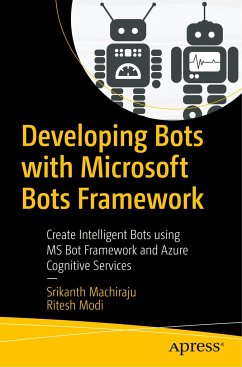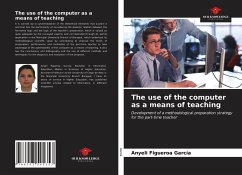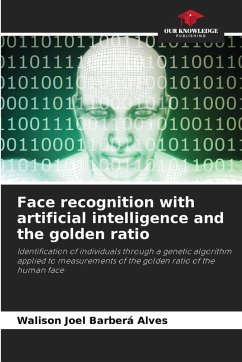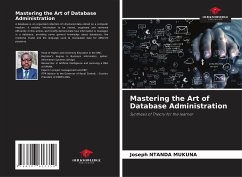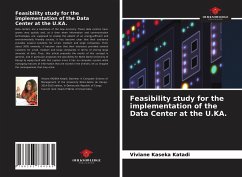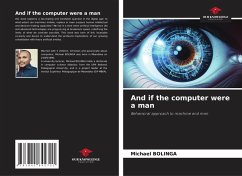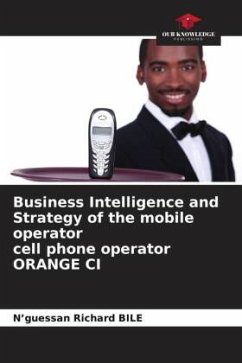
Awareness about the use of social bots
Versandkostenfrei!
Versandfertig in 6-10 Tagen
27,99 €
inkl. MwSt.

PAYBACK Punkte
14 °P sammeln!
The influence of media on the free formation of opinion in a society has long been a relevant topic. If traditional influence has taken place through advertisements, leaflets or statements in the context of political rallies, today the free formation of opinion on political debates is influenced by social bots in social networks. The debate about credibility and trust in information from the net is becoming more extensive and opaque. Especially now that social networks like Facebook and Twitter have also been used to influence opinion-forming processes by various groups (including Russian stat...
The influence of media on the free formation of opinion in a society has long been a relevant topic. If traditional influence has taken place through advertisements, leaflets or statements in the context of political rallies, today the free formation of opinion on political debates is influenced by social bots in social networks. The debate about credibility and trust in information from the net is becoming more extensive and opaque. Especially now that social networks like Facebook and Twitter have also been used to influence opinion-forming processes by various groups (including Russian state-affiliated organisations). So the problem is not who is influencing, but that until now it was accepted that everyone had the right to influence in public-political discourse. The transparent person is exposed to numerous possibilities of influence in social networks, which are often not consciously perceived. Are members of society at all able to form a political opinion independently andfree of influence, under the condition of complete identification of their person?



